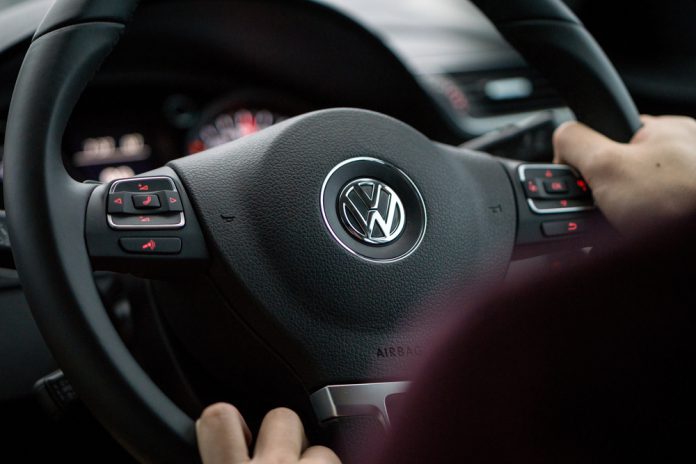Volkswagen (ETR:VOW) has launched their new scrappage scheme, encouraging old car owners to trade in old vehicles for up to £6,000 off a new model.
The scheme marks increased efforts by the car manufacturer to recover from the emissions scandal, where the software in cars manipulated emissions tests.
Since the car manufacturer has recalled 11 million vehicles worldwide, with individuals involved facing criminal charges. Volkswagen, however, refuse to pay compensation across Europe and they maintain no laws were broken.
The new scheme, which will start on Friday and run through to December 31, will apply to Audi (ETR:NSU), Seat and Skoda brands as well as Volkswagen own brand cars.
Since the 2015 scandal, Volkswagen has made a series of changes and are investing more money into developing clean, efficient technology. The group is currently spending money on the development of electric vehicles.
As well as Volkswagen, Ford (NYSE:F), BMW (ETR:BMW) and Toyota (NYSE:TM) have also introduced scrappage schemes as tougher EU laws came into play this week to tackle air quality and climate change.
“We welcome this challenging new regime, which will provide hard evidence that the industry’s ongoing investment in ever more advanced technology is delivering on air quality goals,” said Mike Hawes, chief executive of trade body the Society of Motor Manufacturers and Traders.
“Combined, these new and demanding tests will soon give consumers emissions performance information that is far closer to what they experience behind the wheel – and inspire greater confidence that the new cars they buy are not only the cleanest but the most fuel efficient ever produced.”
Dr Penny Woods, chief executive of the British Lung Foundation, said: “The new real-world emission tests are essential in the fight to combat toxic air and protect all our lung health.
“This will end the inconsistency between lab emissions and real-world testing and ensure manufacturers can’t cheat the test.
“It will give drivers accurate information about harmful vehicle emissions, so they can make informed choices about what to buy.”

